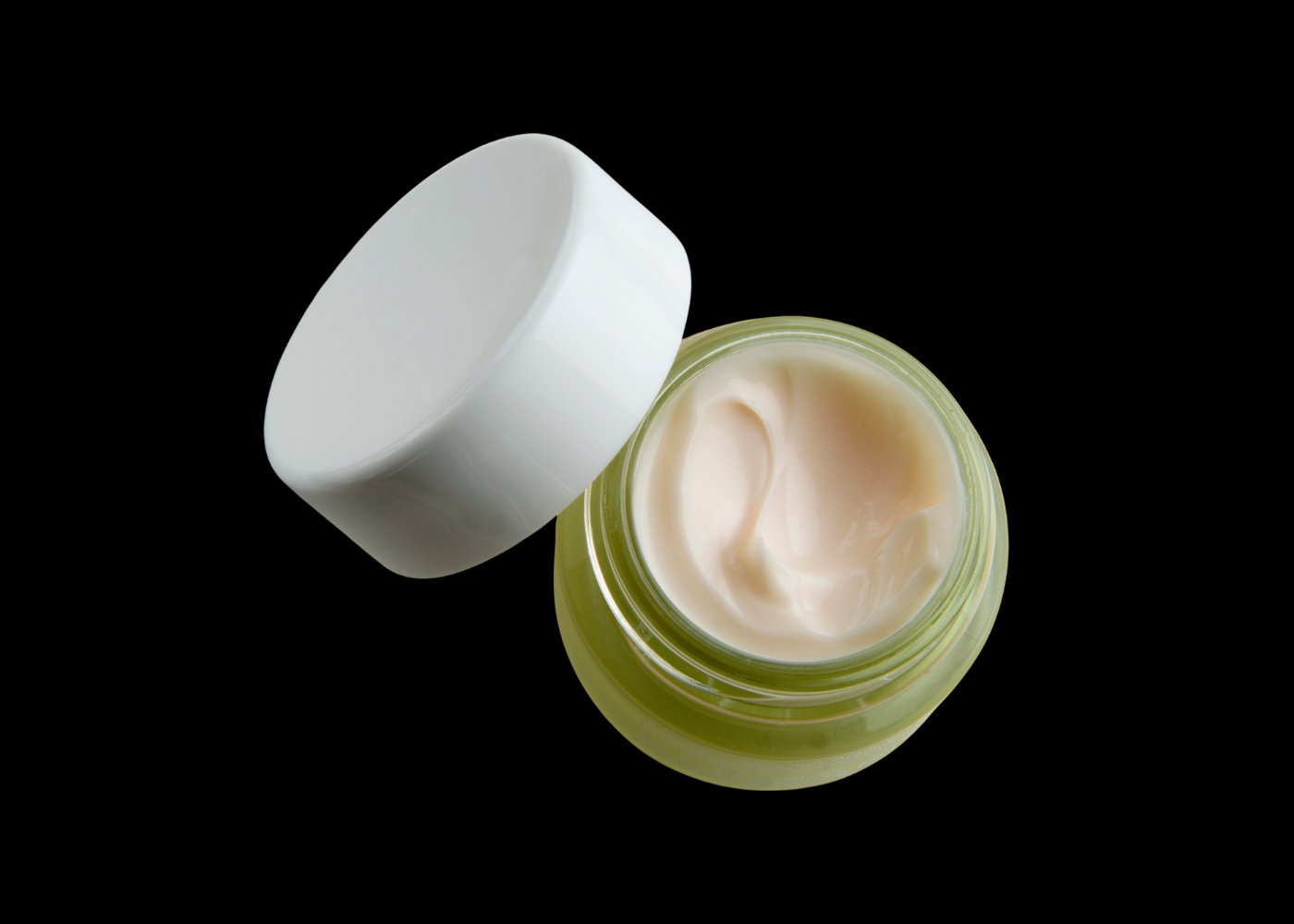The Acceleration Consortium and Unilever partner on self-driving lab to formulate personal care products


Researchers from the University of Toronto’s Acceleration Consortium (AC) have teamed up with Unilever to advance the science of submicron emulsions, which are used across many industrial sectors, including personal care products like body washes, lotions and creams, as well as in pharmaceuticals, agriculture, food products, and cosmetics.
Submicron emulsions are ubiquitous, affecting many areas of our lives: They help to stabilize and deliver hydrophobic drugs or other small molecules of interest for both medication and food-related applications; and improve skin hydration and comfort for cosmetic products such as body washes, face creams and lotions.
To optimize submicron emulsions in a faster and more streamlined way, the AC and Unilever will use a self-driving lab (SDL). SDLs are fundamentally changing the way we do science, using artificial intelligence and automation to create new formulations, materials and molecules for a healthier, more sustainable world, while reducing the time and cost of discovery.

“Submicron emulsions are incredibly versatile, but their properties are very sensitive to any change in composition or processing parameters like temperature, mixing speeds, rates of addition,” says Aaron Clasky, a staff scientist at the Acceleration Consortium. “Self-driving labs can help formulators better navigate this complex, multicomponent system, improving repeatability and reproducibility, and leveraging AI to explore the design space more efficiently.”
The power of SDLs is that they can be used to accelerate the discovery of almost any type of material or molecule. To this end, the AC has several SDLs dedicated to exploring different technological applications, such as medicinal chemistry, polymers, and formulations, the latter being where this work is taking place.
"Self-driving labs that integrate automation, an AI agent, and human ingenuity create a powerful trifecta that can dramatically enhance productivity and decision making and accelerate consumer-centric innovation," says Elsayed Abdelfatah, Manager R&D – Digital at Unilever.
“The materials that we (and AI) can produce by simply changing the way we go about mixing different components can lead to some really interesting properties,” says Frank Gu, a member of the AC’s scientific leadership team. “This partnership gives us the opportunity to apply our expertise in SDLs to the field of submicron emulsions with passionate, world-leading subject matter experts at Unilever.”
“Formulation has historically been a field that relied on scientists making judgements based on their expertise and knowledge. When we envision a lab of the future, we imagine harnessing that creativity to the efficiency of a self-driving lab. We’re very excited to validate the self-driving lab concept in the context of a complex formulation,” says Anat Shiloach, Physical Science Director at Unilever.
While there are many ways to work with the AC, whether through single research projects, multi-partner projects, training, exchanges, or through full membership in the consortium, collaborations with industry are symbiotic. Partnerships like this one with Unilever help to drive progress in the field by removing the usual barriers between academia and industry spaces so that materials can be explored, validated and manufactured at scale.


